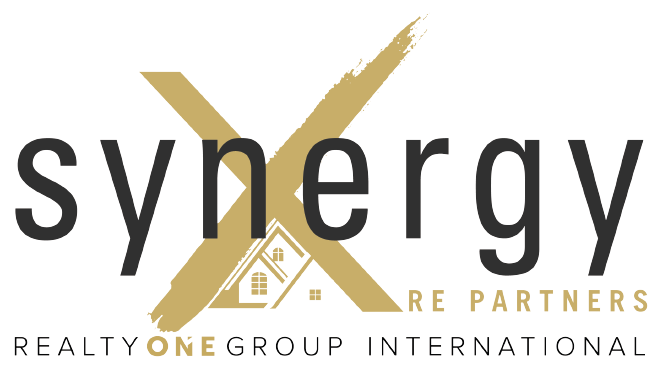Buyer’s guide
Buying a home is a challenging yet wonderful experience in one’s life. If you’re thinking about buying a house in Arizona , here’s everything you need to know about this exciting process:
Financing your purchase
Before you start searching for homes, it’s always a good idea to plan your finances first. Paying in cash is a popular choice among luxury home buyers due to its convenience, attractiveness to sellers, and the absence of interest rates.
However, taking out a mortgage is most ideal because it provides you with financial leverage and liquidity. Non-conforming loans such as jumbo loans are offered to luxury home buyers and the limit varies per state. In Arizona, properties that exceed the $484,250 mortgage limit qualify for a jumbo loan.
Choosing a real estate agent
Having an experienced real estate agent by your side makes the home buying process smoother and faster. Aside from helping you in finding the perfect home, a real estate agent becomes your representative during the negotiation process. They will also provide you with useful real estate information that isn’t accessible to the public.
If you’re searching for luxury homes, ask about their experience and knowledge of the local luxury market and the types of properties they specialize in. Working with a luxury real estate agent allows you to tap into their huge network of vendors, contractors, bank professionals, and other agents. And since many luxury homes aren’t available online due to privacy and security reasons, your luxury agent can give you access to these exclusively listed properties.
Searching for the right home and neighborhood
Luxury properties come with a wide array of features such as high-quality appliances, open floor plans, and smart technology. To narrow down your home search, make a list of the features you need and want in a home before you start shopping. You may find some listings for luxury homes online but still ask your agent for the off-market listings, as well.
Once you have a list of potential homes, evaluate each one carefully by checking out the listing photos and visiting the property personally. Viewing the home in person lets you see how its layout, design, and workmanship actually look like.
Also, drive through the neighborhood at different times to get a feel of the noise, traffic, and activity levels.
Location is another important factor to assess. Is the neighborhood accessible? Are there potential housing developments or high-rise buildings that could block your view in the future? While it’s easy to change the structure of the home if you’re not happy with it, the same can’t be said for its location.
Making an offer
Crafting a strong purchase offer involves checking out comparable properties, meaning the active, pending, and sold properties in your area. This information can help you to determine the right asking price for your offer. Remember to research the current market conditions as well. Is it a hot, cold, or neutral market? Is it a buyers’ market or a sellers’ market?
A purchase offer also contains the amount you’re willing to put down for the earnest money deposit, contingencies, and the closing date. After receiving the offer, the seller can accept, reject, or counter your proposal.
Getting a home inspection and appraisal
Once the seller accepts your offer, the closing process officially begins. Home inspections are a crucial part of the home buying process that should not be skipped. With a home inspection, you’ll be able to determine whether the property is truly in good condition or not. This next phase of the negotiation process involves the BINSR: Buyers Inspection Notice and Sellers Response
Here buyer and seller agree on how to handle the items that have come up during the inspection. If you can’t, you may elect to withdraw and cancel your offer.
If you’ve taken out a jumbo loan, your lender will require a home appraisal before issuing the mortgage. This is to determine whether the sales price corresponds to the actual market value of the home or not.
Closing the deal
Following the home inspection and appraisal, there are other steps to go through before you can officially call the home yours. Get your pen ready because you’ll be signing a pile of documents regarding your mortgage loan, property deed, and bill of sale.
Closing costs, which are additional home buying fees that take up around 2% to 5% of the purchase price, are paid during this period. These costs can include typically include the application fee, attorney’s fee, escrow fee, title insurance, homeowner’s insurance, property tax, Home Owners Association Fees, and underwriting fee.
After these steps have been completed, the property title will be transferred to your name and you can now move into your new home.
Find your ideal luxury home with Synergy RE Partners
We are the local experts when it comes to finding luxury real estate properties in Phoenix and Scottsdale, Arizona. Get in touch with the team today by calling 602.397.0966 or sending an email to info(at)synergyrepartners(dotted)com


